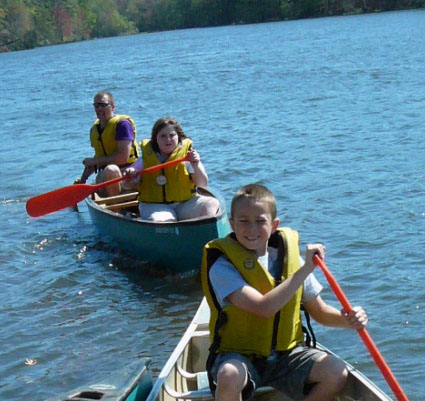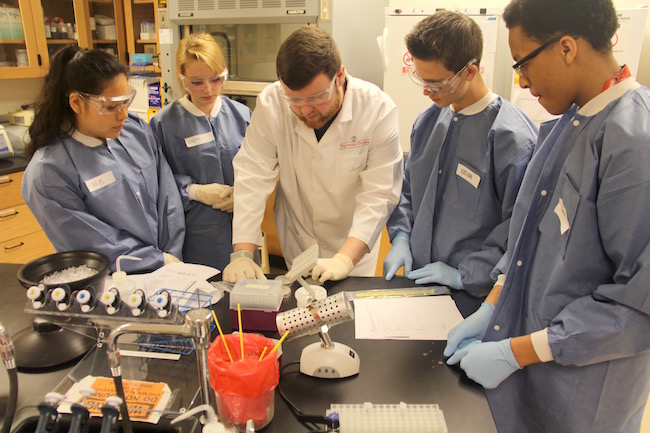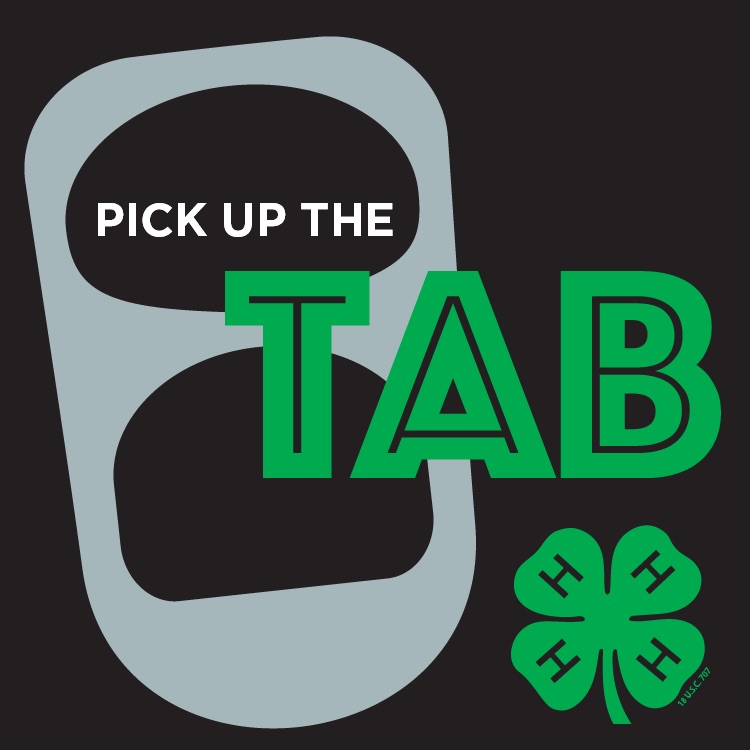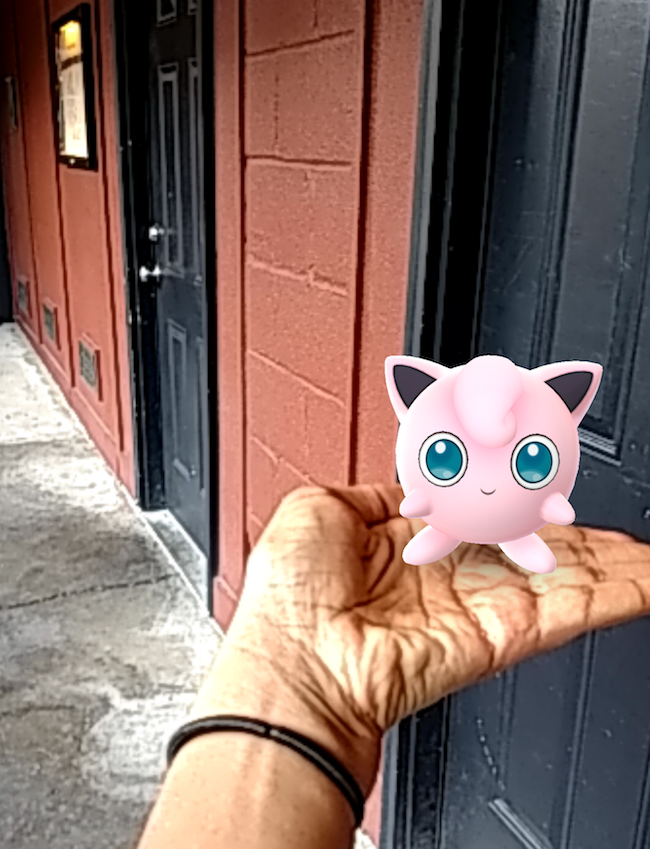Handwashing is one healthy habit that can have an immediate impact on your child's health — preventing seasonal colds and the flu, keeping food safe and minimizing days out from school.
“Proper handwashing is one of the best ways to fight infectious diseases such as the flu as well as foodborne illnesses,” said Judy Harrison, a University of Georgia Extension Specialist with the College of Family and Consumer Sciences.
Parents should encourage regular handwashing at home and school should to prevent the spread of infectious diseases, such as the flu. According to the Centers for Disease Control and Prevention, handwashing can reduce the risk of respiratory infections by 16 percent and reduce deaths from diarrheal disease by up to 50 percent.
Wash Your Paws, Georgia! is a handwashing education program developed by the UGA Extension. The program teaches proper technique and helps educate families, educators and children. UGA College of Family and Consumer Sciences Extension Agents and Georgia 4-H Agents have implemented the program across the state.
The program has helped teach students the importance of thorough handwashing, reaching more than 10,000 students in classrooms and at club meetings. Outside of classroom lessons, more than 10,000 posters have been distributed throughout the state to spread the word.
Handwashing technique is important, Harrison said, and the CDC and the National Sanitation Foundation recommend a six-step process:
- Step 1: Wet hands with warm water
- Step 2: Apply soap to hands
- Step 3: Rub hands together, cleaning between fingers for at least 20 seconds
- Step 4: Pay special attention to cleaning around fingernails
- Step 5: Rinse the germs away
- Step 6: Dry hands on a paper towel or using a hot air dryer, if one is available
Handwashing songs can make the process more enjoyable for children and help enforce proper technique.
“Singing a handwashing song twice or singing ‘Happy Birthday’ twice should take about 20 seconds, the amount of time you should spend washing your hands,” Harrison said.
(Sing to the tune of “Row, Row, Row Your Boat”) Wash, wash, wash your paws Wet them Add the soap Rub them Scrub them Rinse them well Germs will have no hope!
Character soap dispensers for entertainment or a reward system for consistent handwashing can further enforce the habit, Harrison said. Children should be taught to wash their hands after using the bathroom, after coughing or sneezing, after handling animals and before touching food.
Even without soap and a sink, there are products that can be used to eliminate some of the germs present on hands.
“Handwashing is the best defense, but if you don’t have access to soap and water, an alcohol-based hand sanitizer can be used,” Harrison said. The CDC suggests using hand sanitizer that contains at least 60 percent of alcohol.
Because not everyone keeps their hands clean, it is important to avoid touching your eyes, nose and mouth, Harrison said. Covering your mouth and nose with a tissue when coughing or sneezing, throwing away the tissue and washing hands can also reduce the spread of germs.
Even with handwashing, students will still be exposed to flu viruses during flu season.
“One of the best ways to prevent the flu is to get vaccinated,” Harrison said.
Also, parents and students should also stay home if they are sick and avoid contact with people for at least 24 hours after fever subsides without the help of a fever-reducing medicine, Harrison said.






